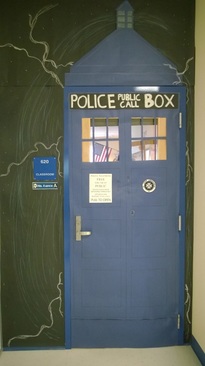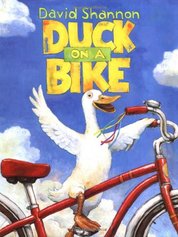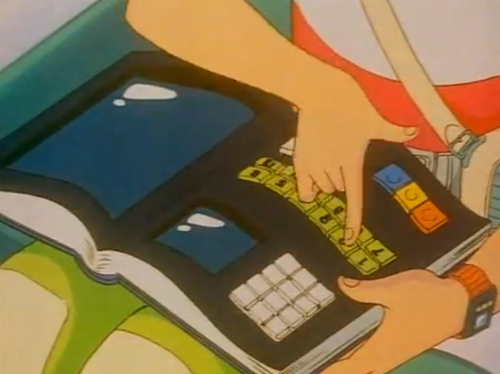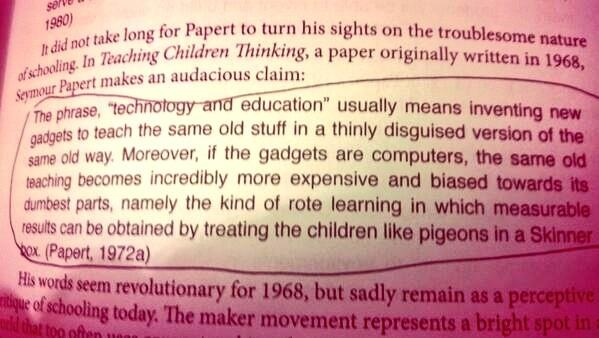To: Our Principals, Administrators, and Leaders
From: Your creative, caring, energetic, and innovative Educators
On Tuesday, December 22, more than a dozen dedicated teachers got together during the #2PencilChat to discuss what they wanted to make theirs a better job. Teachers exist, of course, where ideology meets execution. We all have ideals, goals, beliefs, and principles, but it’s in the classroom where these things get put into practice. Ideals are wonderful on paper and in our hearts, but it takes great work to make them effective in person.
Those gathered were asked the question, “Your Principal has asked that every teacher submit a wishlist. What's on yours?” I’ve distilled the answers to a handful of big ideas, that I think are important to share. If you’re reading this, you’re probably on board with a lot of the concerns of your teachers. Even so, I think that crucial for leadership. If you keep marching forward without checking on your followers, you may be leading, or you may be walking on your own, far away from your team.
When I started sorting answers from the chat, three realms of thinking were covered by your teachers’ wishes. Each of these involve a price of some kind, and we all understand that. When there are costs, we don’t always get everything we want. If we work together, though, perhaps we can move in directions of betterment.
The first realm that I isolated was one of attitude. The Creative Educator is looking for supportive leadership. She is looking for the opportunity to be innovative. He is looking for positivity in the school environment. These sound inexpensive. Sure, focusing on positivity doesn’t cost money. Being supportive of your teachers’ goals and practices doesn’t come out of your budget. There is a cost, though. There’s a definite fear when you take risks (they wouldn’t be called risks otherwise, right?). What if we screw it up? What if our scores go down? What if our ideas don’t work the way we hoped? As tough as these things can be for a principal to shoulder, they can be terrifying, to young teachers, to new teachers, and to teachers who’ve had the poor chance to be saddled with bad leadership in the past. Support your teachers. Listen to their goals. Help them to implement their ideas, and to reflect on successes and struggles. Without that support, without that net, you aren’t going to have teachers who stretch, who grow, and who surprise everyone with their results. Shout out the positive things that are happening in your school. Your teachers look to you. When they don’t hear from you, they lose confidence. Be your school’s cheerleader, its clarion, make the good news heard, and you will supply your teachers with bravery and feedback to do great things in their classrooms. From there, you will see the innovation grow.
The second area that our Creative Educators had more to do with budget. And listen, we know that’s a tough issue. Your teachers desperately want money for more books, art and writing supplies, iPads and Chromebooks, podcasting and filmmaking supplies, robots, Maker Space supplies, Lego, larger classrooms, furniture for innovative classroom seating, and to attend conferences like FETC and ISTE. They understand that you aren’t rich, and sitting on a big well of money that you’re too greedy to spend, but that doesn’t make these things any less of a priority to the Creative Educator. Maybe your budget is tighter than they can imagine. I’m going to ask you to do something for your teachers. Ask them what they want. Ask them what areas they would feel would be best to spend money. Let them know - you don’t necessarily have any more resources to get those things, but if you’re commonly aware of big goals, you can work together to achieve them. Maybe you can set a grant writing team on your teachers’ wishlists, maybe you can have a team that works to creatively find resources. When I was looking for furniture for alternative seating in my classroom, I used a lot of different resources to help me. Find out what they want, and then work as a team to help them get it. Sure, if your teachers got everything they wanted, you’d be over budget by October. If you attack it as a team, though, with you as leader, everyone can be on the same page. And one of the best things about this, is that this type of transparency is the kind that doesn’t leave your teachers thinking, “Oh, there’s money, Admin just doesn’t wanna spend it.”
I saved the easiest for last. There are some procedural things that drive your teachers nuts. Announcements over the PA get ignored. If you put a student team with a staff advisor on the job of making a news broadcast, attention goes up, and you have great opportunities to put kids on TV and highlight the positive (check out that callback from earlier) in your school. The big thing you can do to make the school experience better, though is meeting focused, and here, I’m going to use words from the chat more directly than I have so far. Meetings for meetings sake are a huge problem in your teachers’ eyes. If you need to disseminate information, emails are much more effective. Use your meetings to give your teachers the types of learning that they feel they need. Listen to them. Dump some meetings, and build in collaborative time for groups of teachers to learn, or hey, to work on challenges that your school is facing. When you do have meetings, make sure that they’re for, as principal Mark French says, “collaborating, learning and sharing.”
So that’s it, it’s not too much is it? Listen, no one gets everything on their wishlist, but if you don’t know what people want, maybe they’d get nothing. These are the things that we wanted, the educators of the #2PencilChat. Doubtless, some of these things will overlap your own teachers’ desires. Talk to them. You are so important in the education of so many people, make sure you know what your team needs.
In the meantime, if you’re a classroom teacher and you’re reading this, you’re your students’ admin. Listen to them. Whoever you are, take into account your populations’ wants and needs, and your team’s successes will stand out!
If you felt that anything here has been useful for your reflection, share it with a principal that you know. Maybe they’re your boss, maybe they’re a colleague at another school. We’re all in this together. Let’s make this a better world.







